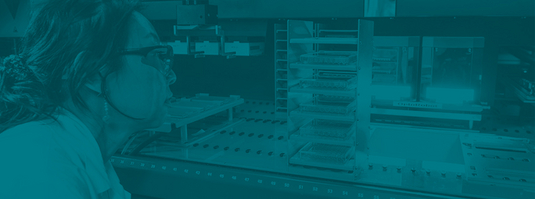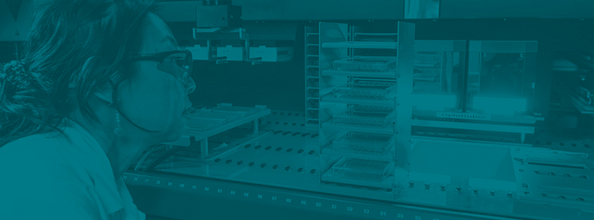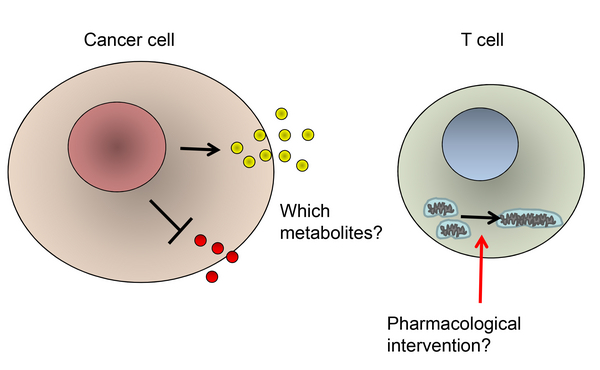Prof. Dr. med. Robert Zeiser (CIBSS-AI), Department of Hematology, Oncology and Stem Cell Transplantation, (University Medical Center Freiburg, Faculty of Medicine)
Cancer cells use diverse mechanisms of immune-escape, and their identification and inhibition could enhance immune-mediated cancer eradication. We recently found that key mechanisms of immune-escape include the blockade of pro-inflammatory cytokine production by leukemia cells e.g. IL-15 (Mathew N et al. Nat Med 2018). We also found that the cancer cells exhibit a specific oncogenic JAK2V617F mutation express the immunosuppressive ligand PD-L1 which affects the metabolic fitness of T cells (Prestipino et al. Sci Trans Med 2018). Previous work by CIBSS investigators had shown that the T cell metabolism can be modified by modulating fatty acid metabolism (Pearce EL, et al. Nature 2009) or by Mdivi-1 modulating mitochondrial dynamics (Buck et al. Cell 2016). In our project we would like to systematically test the impact of different metabolites on T cell signalling, exhaustion and cytotoxicity. By these experiments we hope to identify new metabolic modifiers that enhance metabolic fitness of T cells and study the potential of these modifiers to promote cancer elimination in vivo (collab. S Minguet, O Groß and E Pearce). We also would like to develop strategies for prevention/reversal of CIBSS scTCR T cell exhaustion (collab. S Minguet, W Schamel). These strategies aim at improving T cell based therapies against different cancer types.






